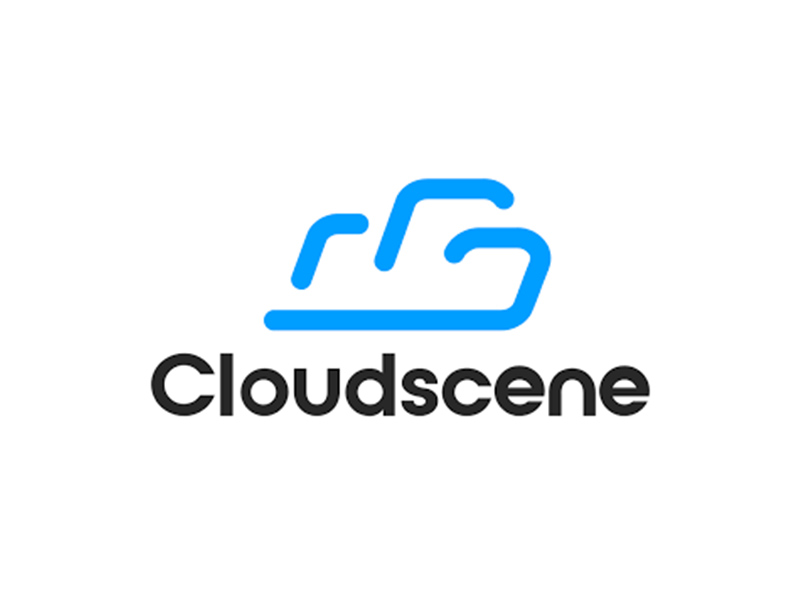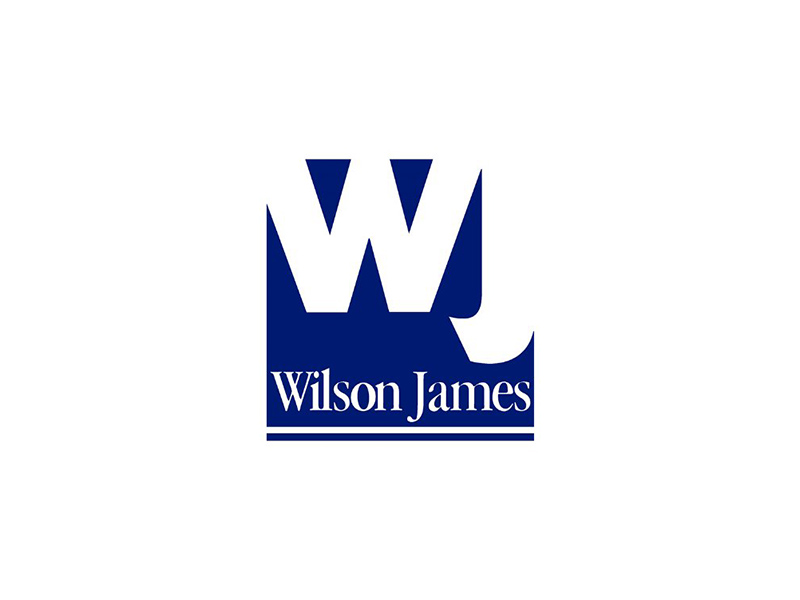We know the past couple of years have been a tad chaotic regarding remote working, hybrid working and the workforce in general. Businesses having to cut costs quickly while navigating the war-torn pandemic and post-pandemic economic landscape left things in a bit of a shambles.
But, if you assumed the current state of workforce chaos couldn’t decline further, you would be wrong. This year, a few of the world’s largest tech businesses have made significant layoffs beautifully accented by hiring freezes. Many thousands of workers are losing their jobs, and hiring plans are being put on hold, leaving many talented specialists in employment limbo. Many companies, especially in big tech, are in a panic as a result of hiring freezes, as projects, progression and overall business health are put into question.
Is it a sign of what’s to come, or is it just a delayed temporary consequence of the pandemic?
Many suggest that it is the former, and we are, in fact, experiencing a tectonic shift in how we see the ‘workforce’. They foresee a near future where employees and workforces become flexible and fluid. Where a community of on-demand specialists can be seamlessly utilised to quickly plug skills gaps to facilitate a project of any scale.
Perhaps this is overly idealistic/wishful thinking, but what if…
Before we get carried away, let’s take a closer look into why hiring freezes are happening and what this actually means.
Big names, big freezes
Some notable names that top a variety of industries have announced significant layoffs and hiring restrictions in 2022:
- PayPal
- Klarna
- Tesla
- Coinbase
- Netflix
- Salesforce
- Robinhood
- Meta (Facebook)
And these are just a handful of standout names as the list continues to grow. Meta, seemingly wanting to beat its rivals to the hiring freeze crown, yesterday announced yet another “freeze and further restructure amid an uncertain macroeconomic situation.”
So, why are these companies being so dramatic anyway?
The reason behind periodic hiring freezes isn’t exactly a secret. Of course, there are many reasons why a business would choose to pause or slow down recruiting. However, there are a variety of broad explanations for why this is seemingly occurring more regularly all around the world.
While it’s easy to overlook as life, on the face of it, has mostly returned to normal, the world is still experiencing the COVID-19 pandemic. As we teeter on the edge of a new outbreak from an unknown variant, the workplace is still being significantly impacted by COVID-19, which has fundamentally altered how our organisations function.
Additionally, a lot of these layoffs and recruiting blocks are frequently attributed to the ongoing conflict in Ukraine. Financial analysts worry that a global recession is about to occur owing to rising expenses and inflation brought on by the international hostility and the uncertainty it has generated. These layoffs appear to be an attempt by businesses to fortify until further notice.
Ultimately, the usual response to this query is that businesses struggle in uncertain environments. When a business senses that the future isn’t entirely clear skies and rainbows, they decrease expenses to get ready for what could be a challenging few years. These businesses appear to believe that lowering expenses and eliminating staff in specific divisions is an excellent approach to prepare for a potentially rocky ride.

Are layoffs and hiring freezes really necessary?
The most crucial thing to comprehend is that recruiting doesn’t often freeze completely. Although the headlines (including ours) would lead you to assume that no one is recruiting at any of these large corporations, that isn’t strictly true. In fact, the majority of these businesses have made it apparent that they’ll keep hiring for specific new positions. The distinction is that moving forward, they intend to be significantly more deliberate about it.
To single out Meta once again, they appear to have opted to halt employment in certain divisions. The digital behemoth, formerly named Facebook, wants to cease investing in underperforming projects and concentrate on expanding the ones that are. It’s hard to argue with their logic, but let’s consider another example.
If we turn our attention to Salesforce, we see a similar situation. Although the headlines would lead you to assume otherwise, Salesforce is just slowing down hiring for particular categories and reducing expenses for things like travel.
Although businesses are revising their strategies, this does not imply they will cease acquiring elite personnel. On the contrary, businesses now more than ever need to locate the greatest personnel. If you’re just employing a small number of workers to fill positions, you better make sure they’re top-tier prospects who will significantly benefit the business.
But perhaps they don’t have to compromise.

The solution to hiring freezes, brought to you by Chesamel
In unstable economic landscapes where companies shy away from committing to new long-term hires, the company doesn’t automatically stop in its tracks; it either continues to move, grow and evolve or starts moving backwards.
With dozens of projects in full flow and an impending lack of resources, these industry-leading companies are turning to agile workforce solutions.
Chesamel strategically embeds on-demand experts in projects based on a defined brief from the client, allowing teams to be seamlessly scaled as required without impacting headcount.
Tap into astute on-demand support to immediately facilitate a project of any size. Whether short-term or supporting out-of-scope projects with our embedded consultants, we provide flexible rolling contracts that can be easily extended and aligned with your business needs and budget.
- We can deliver a tailored services model that combines and utilises our embedded consultants, Hub and direct recruitment solutions when needed to address resourcing challenges at any point in time.
Ready to embrace the hiring freeze?
If you’d like to learn more about how our agile workforce solutions could help your business, get in touch!












